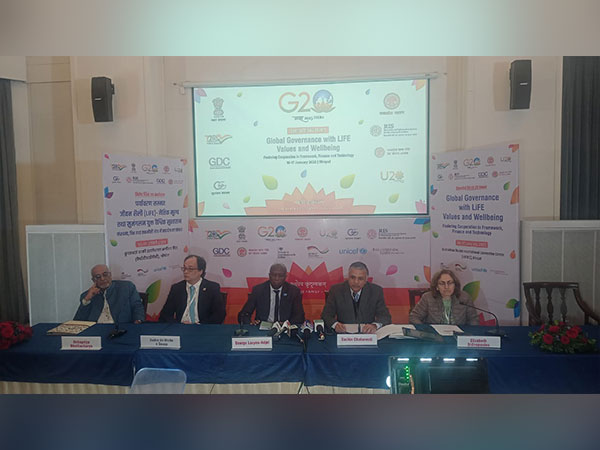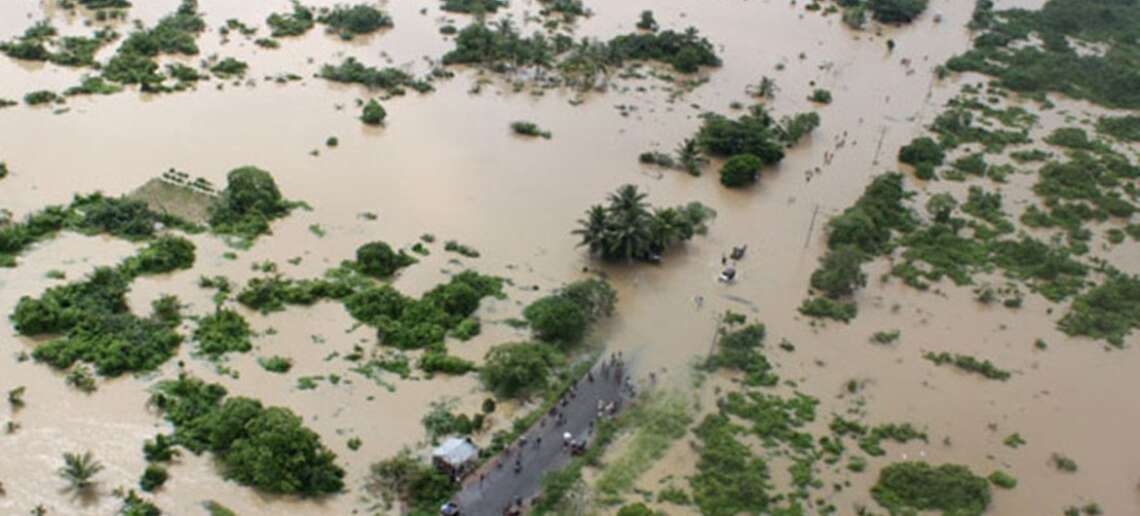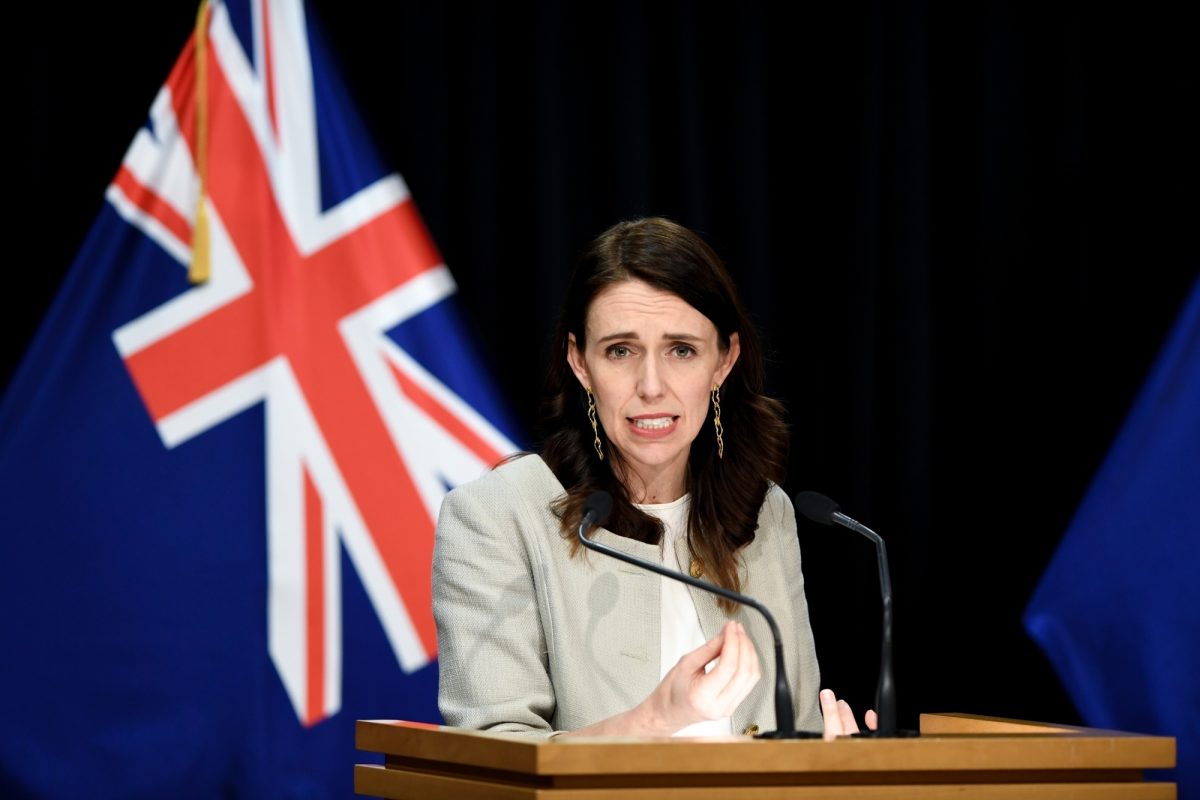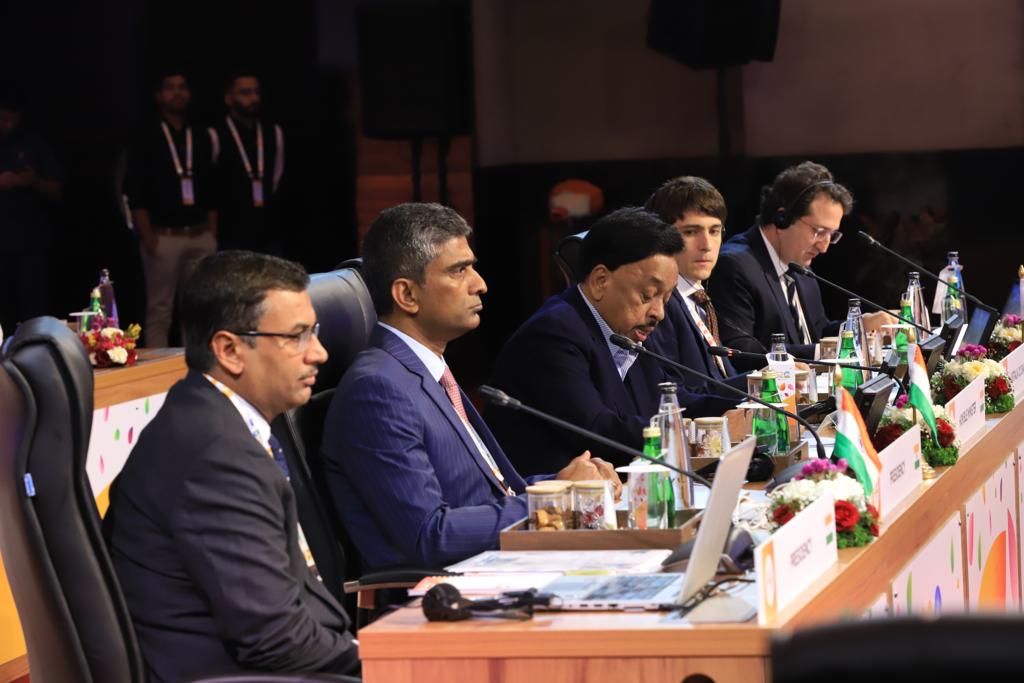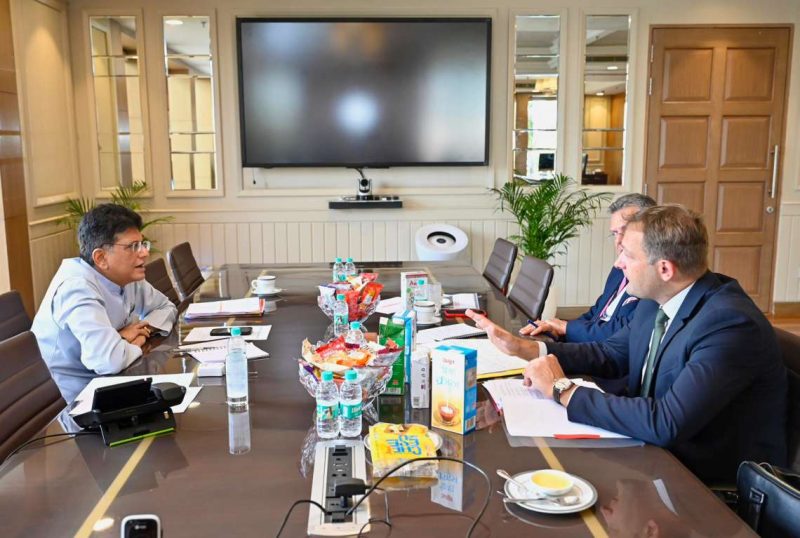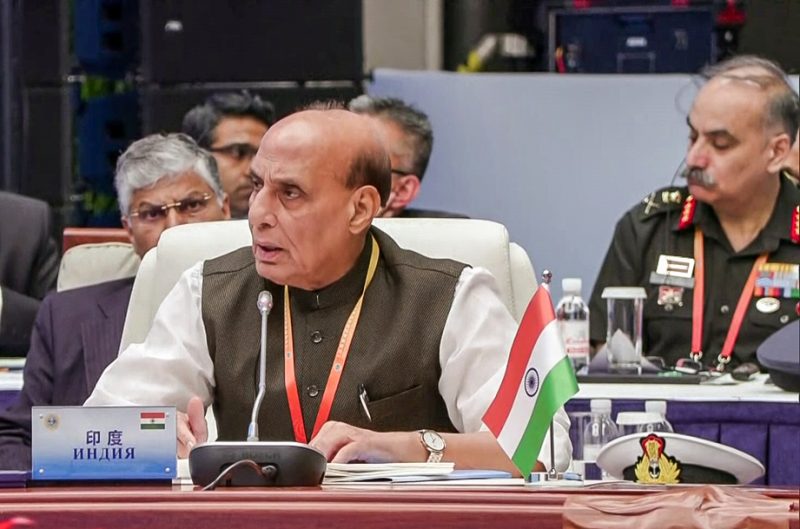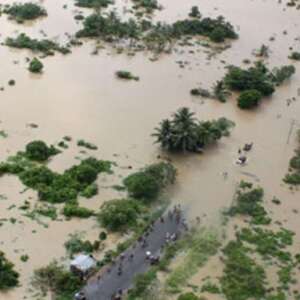Sharing the outcome of the two-day conference, RIS Director General, Sachin Chaturvedi said, “There is a need for a shift in the approach to development transformation that recognizes the role of women in development…reports Asian Lite News
Investments in early childhood and adolescence can be a powerful driver of inclusive economic growth, said United Nations International Children’s Emergency Fund (UNICEF) Regional Director for South Asia George Laryea-Adjei on Tuesday.
“The G20 vision of One Earth, One Family and One Future, should prioritise brain power or cognitive capacities of individuals and of nations. The world needs to advance cognitive development, which necessitates a new model for development. We know with India in the lead of G20, this new model will emerge,” George added.
A two-day, Think 20 (T20) conference was organised by Research and Information System for Developing Countries (RIS) with support from Atal Bihari Vajpayee Institute of Good Governance & Policy Analysis (AIGGPA), an autonomous institute of Government of Madhya Pradesh, Niti Aayog (MPNITI) and other partners in Bhopal.
Sharing the outcome of the two-day conference, RIS Director General, Sachin Chaturvedi said, “There is a need for a shift in the approach to development transformation that recognizes the role of women in development.
Women entrepreneurship should be promoted, encouraged and revitalised. Investing in children has not received the priority and focus that it deserves and for this we have prioritised children specific issues in the T20 process to inform the wider G20 deliberations like nutrition and quality education. Let us invest in children today for humanity’s tomorrow.”
A joint RIS-UNICEF panel on ‘Investing in children: Investing in future’ with participation of several national and internal experts put forward policy recommendations for the G20 that focus on investing in child-centric policies that prioritise progressive universal child benefits especially around the early years, maternity benefits and childcare.
A few recommendations that experts put forward includes the importance of investing in the early years of childhood. Investing in universal social protection benefits for children, including family friendly policies – particularly in the early years of childhood.
There is a need to build adolescence skills including digital literacy to transition into the 21st century job market including technology-driven and green-led growth. Ensuring participation and action of youth in generating innovative solutions for climate change through LiFE. (ANI)


